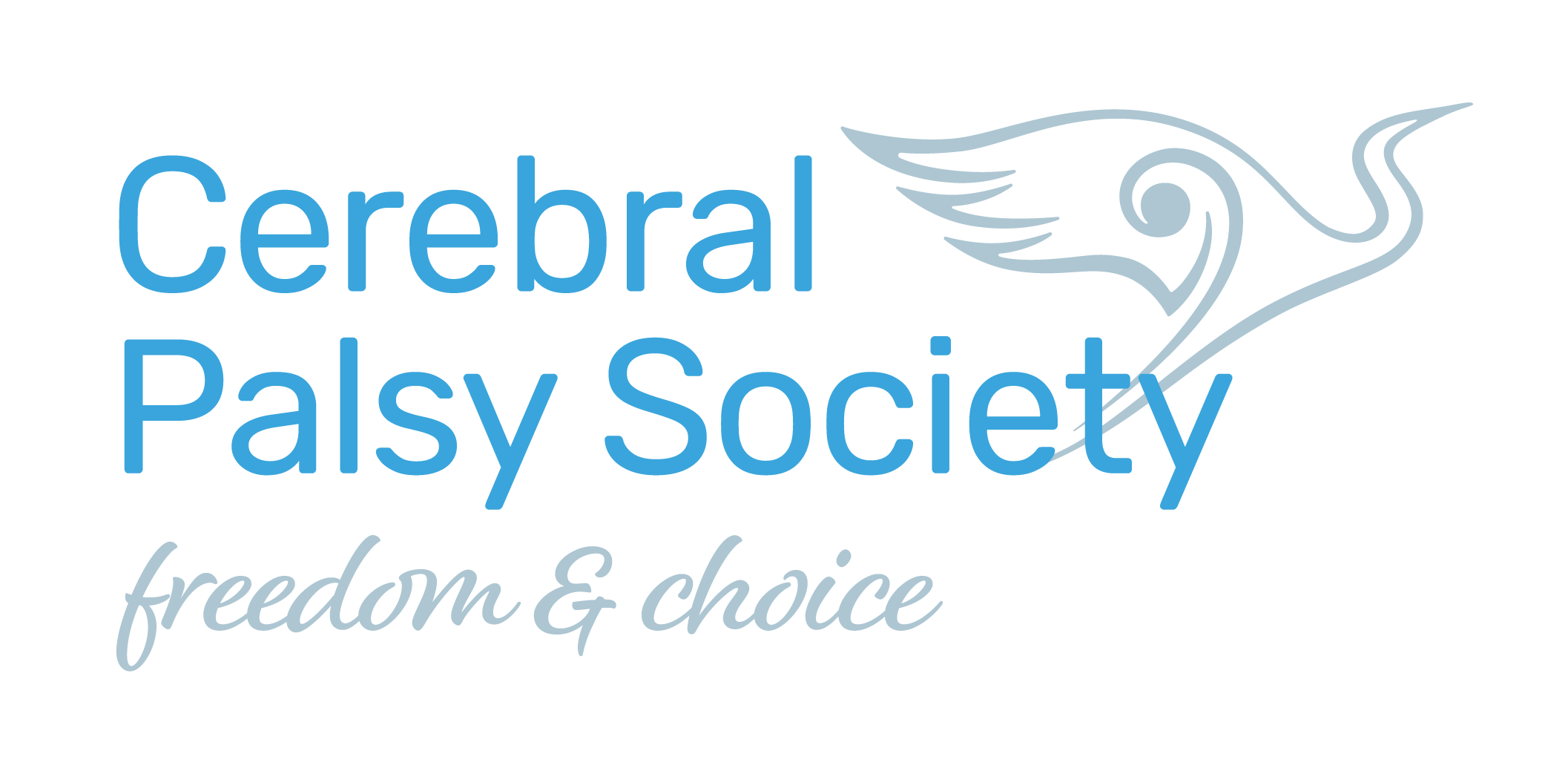Adult life with CP
Medical Cannabis: Scientific Overview
22 Feb 2018
The scientific understanding of how medical cannabis works on the body to treat a wide variety of symptoms is the subject of much debate and study. The effectiveness of the mechanisms has been difficult to study. This is due to the controversial nature of the drug involved. Interestingly, there is little resemblance between medical cannabis and the recreational drug as the chemical compounds act on different parts of the brain. Medical cannabis does not get you high.
As a consequence of this, evidence of the effectiveness of medical cannabis in treating symptoms has remained largely anecdotal. There has been little study done on the proper and safe dosages and which varieties to use for a given condition. This needs to be established scientifically.
Recently, there has been a series of studies undertaken to scientifically assess the effectiveness of medical cannabis in the conditions that the drug is most frequently used for. These include epilepsy, chronic pain, chemotherapy symptoms and other neurological disorders. Neurologists are particularly interested in undertaking this research because severe epilepsy is on of the conditions that are seeing the highest demand for cannabis interventions. There is considerable public attention around its positive effects on some of the worst cases of epilepsy.
There are four main recent studies that have investigated the effectiveness and safety of medical cannabis. The majority of literature indicates that cannabis does treat these symptoms to a degree, is definitely more effective than the placebo and offers more relief from symptoms than conventional opioids. In the case of epilepsy, there is a reduction in seizures from between 30-50%.
In the pain studies, symptoms were relieved in the majority of cases and people reported improvements in their quality of life and their ability to function. In a smaller study on cancer patients, it effectively helped them contend with the consequences of being on so many strong medications such as relieving nausea, severe pain and easing their symptoms of digestive disorders. All the studies reported that there were less side effects than the conventional medication and they did not need to rely on secondary medication to counter the side effects.
However, it is important to note that patients in this controlled setting were not side-effect free. The hype around medical cannabis often states that there are little to no side effects and that it naturally integrates with the bodies systems. However, this is not the case. There were individuals for whom the medical cannabis had adverse reactions and they needed to withdraw from the study. Furthermore, there were people who indicated that the cannabis did not improve their quality of life and they saw no symptom reduction. Therefore, it is important to properly identify the patients that are going to respond well to the medical cannabis and understand the fundamentals of dosage and strands of cannabis.
The takeaway message from the current research as of 2017 is that medical cannabis can be an effective tool for treating severe and life-altering symptoms. However, it is only a tool, not a panacea and shouldn’t be treated as something that can be taken without due consideration. If you would like further information or copies of the studies referenced, please feel free to email me. I will be setting up a mailing list at the request of members to inform them of any of the latest research or movement in the government policy. Let me know if you would like to be added.
Amy Hogan
Opinions expressed on this site are those of the relevant contributors. The CPSociety do not necessarily share those opinions.
No advice given – If you require specific advice for your individual circumstances, consult an appropriate expert directly. Do not rely on the general material on this site. We will endeavour to assist you if you specifically inquire about matters in which we have expertise, but cannot accept any responsibility for doing this

